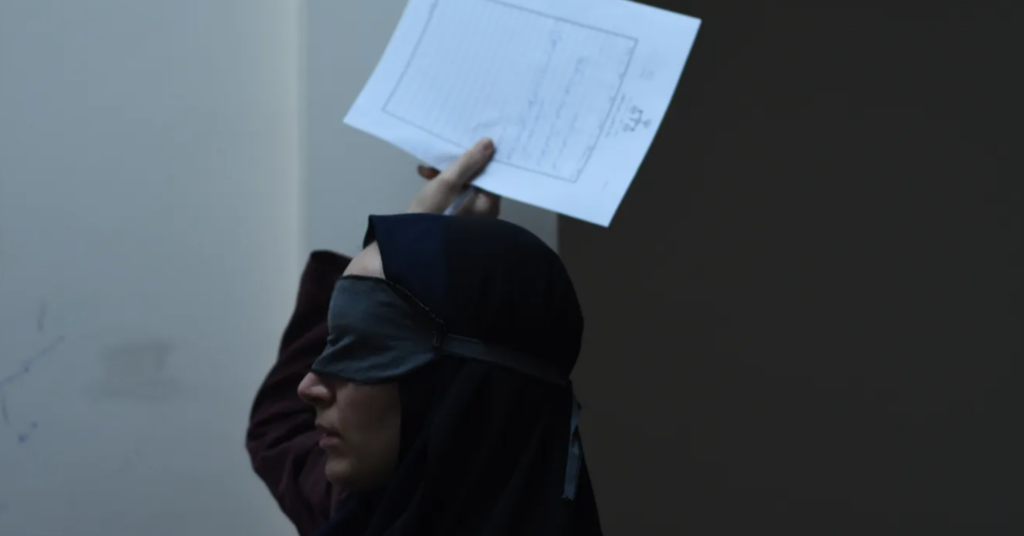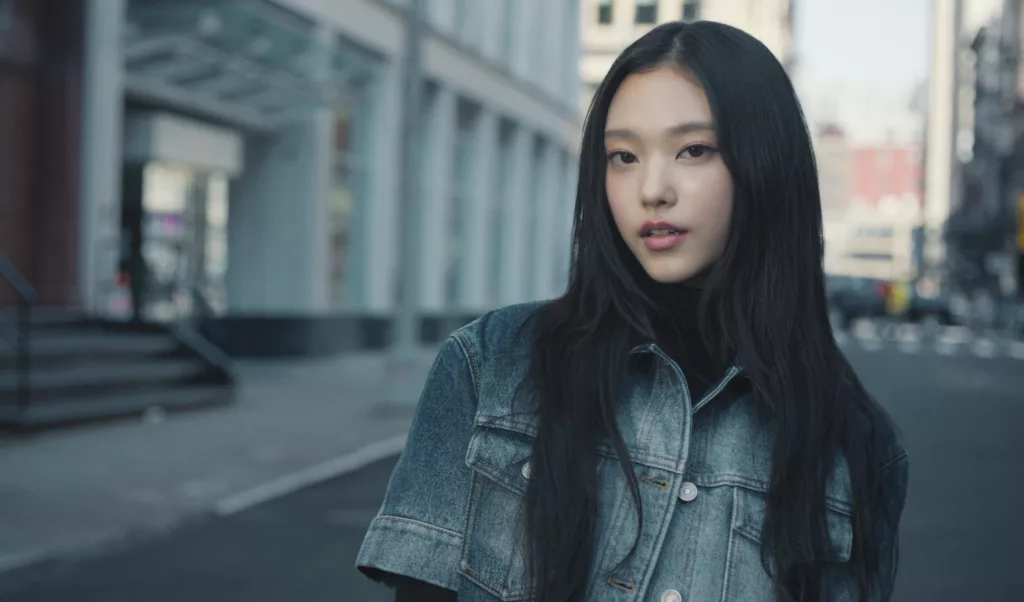Iranian Director Mohammad Rasoulof’s Secret Film Stuns Audience at the 77th Cannes Film Festival

With all eyes on the 77th Cannes Film Festival, Iranian director Mohammad Rasoulof made an unlikely appearance that shook the film industry. Sentenced to eight years in prison for speaking against the Iranian regime through his filmography, Rasoulof was a face that many were certain wouldn’t be seen. Concluding that there was “no hope of seeing the director at the screening,” the film industry naturally assumed that he couldn’t attend. Yet on Friday, he proved the speculations wrong.
Entering the scene with the charismatic presence of a man who had to flee his country by foot to share his story, Rasoulof proudly stepped onto the red carpet. In his hand were the pictures of his film’s starring cast members Soheila Golestani and Missagh Zareh. Later taking the stage and presenting his film at the esteemed Grand Théâtre Lumière, Rasoulof’s appearance was a message in itself — that his story will unequivocally be told and shared.
The Seed of the Sacred Fig at the Cannes film festival
When Rasoulof presented his drama film The Seed of the Sacred Fig (2024) to the global stage, the premiere was marked with a long standing ovation, reflecting the solidarity of the activists and artists behind the scenes. The film was then awarded with the FIPRESCI Award — dedicated towards recognizing film-art and bolstering new cinema — and the Special Prize.
Critics and accolades alike recognized the true story behind the broken family in the film — they represent the damage, injustice, and oppression faced by common people. Rasoulof insisted on creating this film to voice his criticism, despite Iranian authorities attempting to silence him numerous times. The Seed of the Sacred Fig is not only director Rasoulof’s voice, but the voice of many behind the scenes who speak out against the country’s oppression. And now, as a feature included in the Cannes Film Festival line-up, The Seed of the Sacred Fig is not just an act of political protest but a centerpiece of Iranian cinema.
The Fight Against Oppression
As a vocal activist against Iranian oppression, Rasoulof’s attendance was nothing short of a miracle. But being vocal against a dictatorship puts him in a dangerous — and targeted — position, one that Rasoulof is intimately familiar with. Since 2010, he has been in a legal limbo with the Iranian authorities for his artistic freedom and censorship violations, mostly due to his films that the authorities deemed as “propaganda.”
Among many arrests and convictions, Rasoulof was incarcerated in 2022 for speaking out against the Iranian government and stayed in prison for nearly a year. After his release, he was blocked from his invitation to attend the 2023 Cannes Film Festival as a member of the Un Certain Regard jury. Building rapport while in prison, Rasoulof connected with prisoners who held similar values — a vital step that ensured his successful flight from Iran later in 2024.
Amidst his underground filming of The Seed of the Sacred Fig, Iranian authorities sentenced Rasoulof to eight years in jail with additional punishment measures for “collusion against national security.” When appealing against this sentence failed, Rasoulof was left with two options and two hours to decide — imprisonment or exile.
Deciding that he would rather side with cultural Iran rather than geographical Iran, Rasoulof chose to escape to tell his story. With his passport confiscated in 2017, he embarked on a nearly thirty-day journey to cross borders in secret. Hopping between places, Rasoulof stayed in the villages of the prisoners he bonded with to cross the Iranian border undetected. Finally, he arrived at a safe house in Germany. Rasoulof’s burning determination to share his country’s story fueled his high-risk journey towards Cannes.
The Making of The Seed of the Sacred Fig
Rasoulof thought of the seeds of the story behind The Seed of the Sacred Fig during his imprisonment in 2022. Upon his release, all actions related to the film were done covertly to avoid detection by Iranian authorities. It was an illegal endeavor with herculean consequences, but Rasoulof and his team persisted. Details about the cast, crew, and script were discussed secretly and many scenes were covertly filmed indoors.
Constant challenges were thrown in between getting Rasoulof’s film to Cannes. He was pressured to withdraw his submission to Cannes, while materials were also confiscated. In addition, the cast and crew members were in danger of getting arrested or detained, even now. Publicly announcing the tribulations his film team is going through, Rasoulof revealed the pressure they’re still facing from Iranian authorities. Still, Rasoulof relayed feeling hopeful — for his film team and his country.
The Film and Its Story
Driven by the “Women, Life, Freedom” movement that was spurred on by the death of 22-year-old Mahsa Amini after improperly wearing a hijab, The Seed of the Sacred Fig tells the story of a family in modern-day Tehran. The family of four splits into two paths: two towards tradition and two towards reform. When Iman gets promoted to investigator of the Revolutionary Court, the job exchanges his morals for prestige and better pay. Tasked to sign off on death penalties without a second glance, Iman is set to actively work in retaliation against protestors opposed to the dictatorship. His wife Najmeh is happy to keep it that way.
While left in the dark about the intricacies of Iman’s job, Najmeh actively expresses distaste towards those who challenge societal norms. But when things go amiss and protests start becoming more prominent, paranoia and fear grips Iman. He turns on the women in his family, enveloped in the distrust of their bolstered feminist stance. The family then splits paths again with one moving towards tradition and three moving towards reform.

The title of the film is mentioned in the storytelling, explaining the parasitic process a fig engages in. Once the seeds of a fig start sprouting onto a tree, the host tree dies while the figs flourish. Perhaps this is a metaphor to the fig of freedom that will soon grow to kill the tree of oppression.
“Iranians are waiting impatiently to bury you and your oppression machine in the shambles of history. Then, like a cage, a new life will begin from that soil,” director Rasoulof stated. But Rasoulof ended on one note that is clear — hope is on the horizon.
To find more information about The Seed of the Sacred Fig, check out the Cannes Film Festival official website. Behind-the-scenes content and life updates can be found through director Mohammad Rasoulof’s official Instagram.
Interested in more ACT!ON director content? Read our piece about seven West Asian directors redefining film here!



